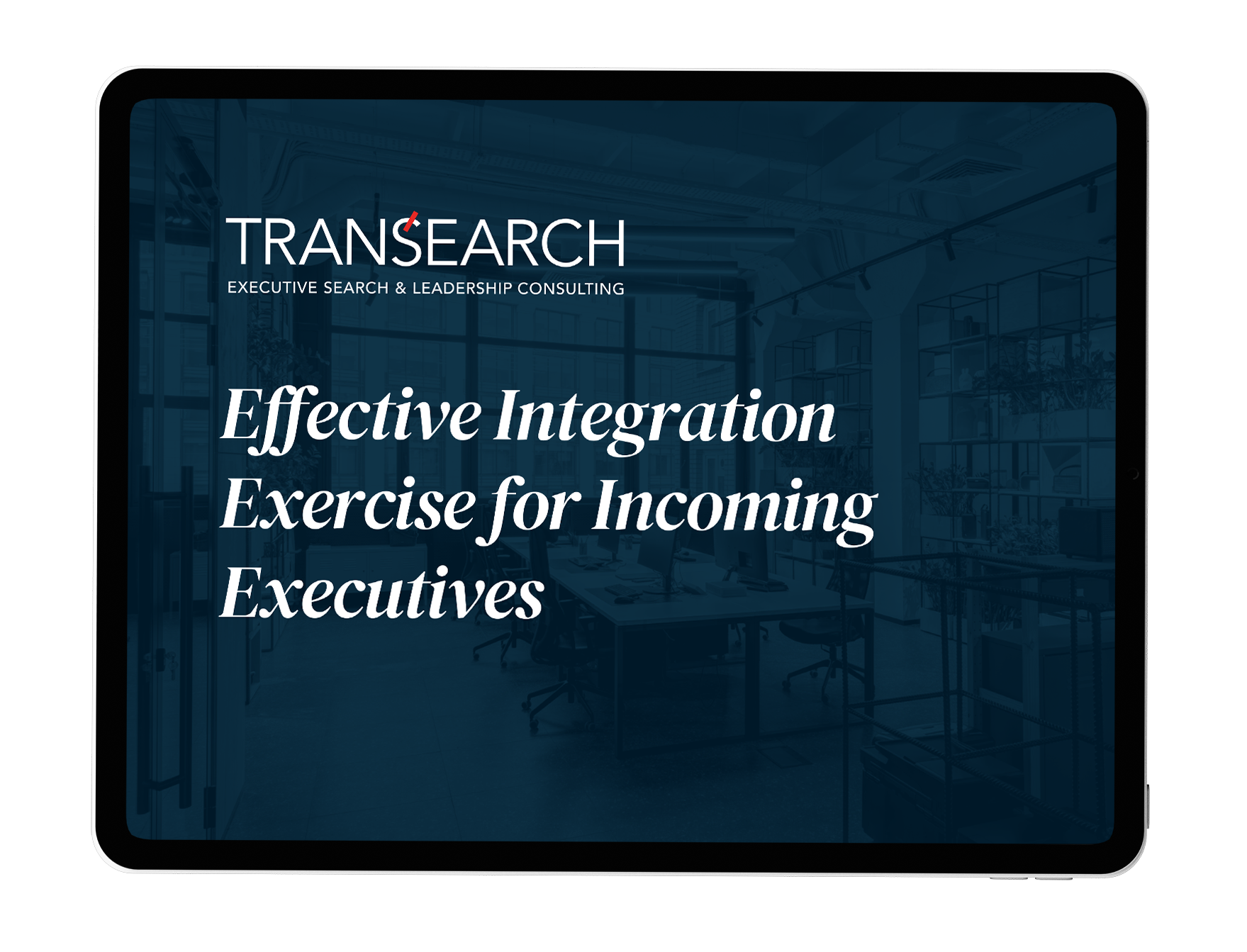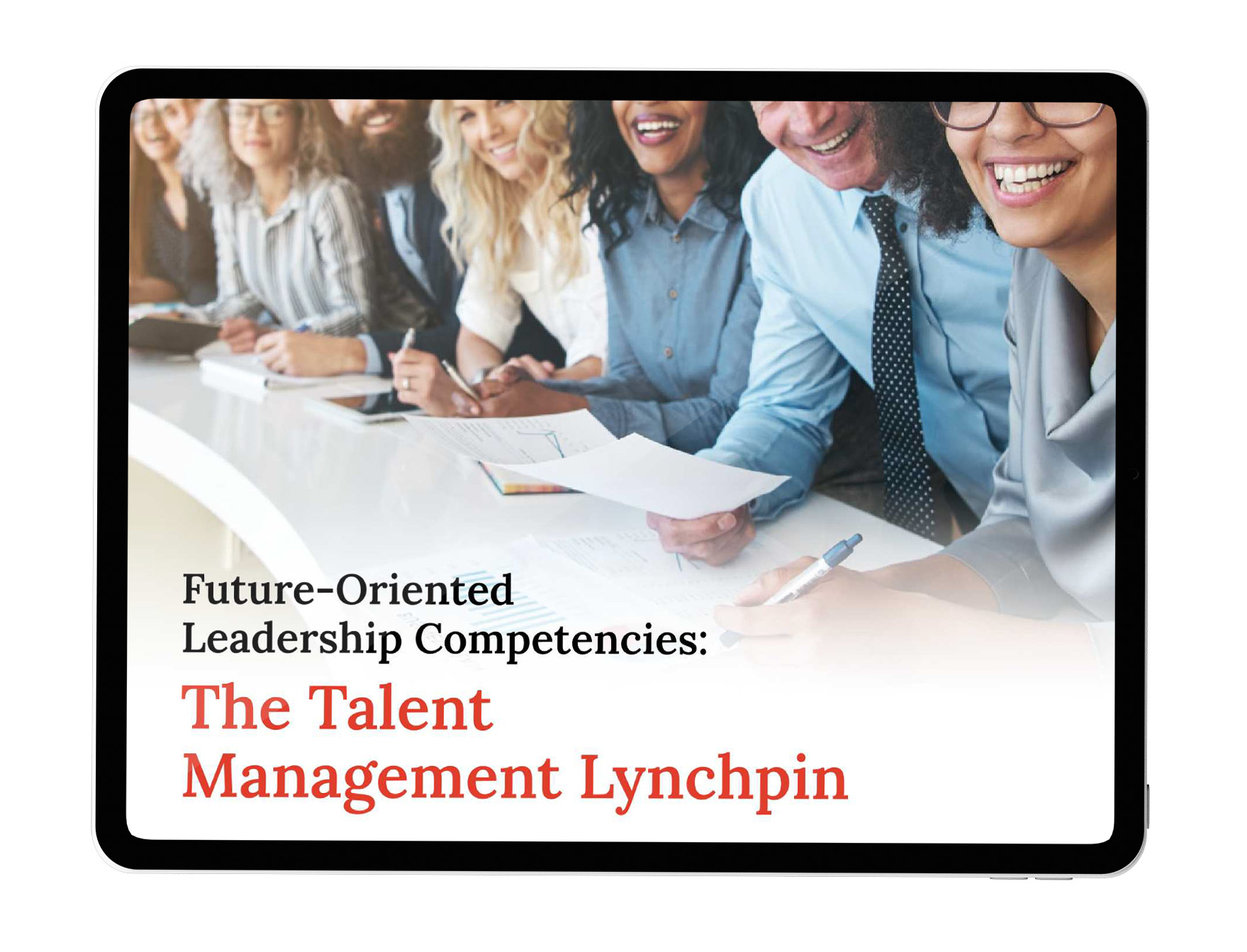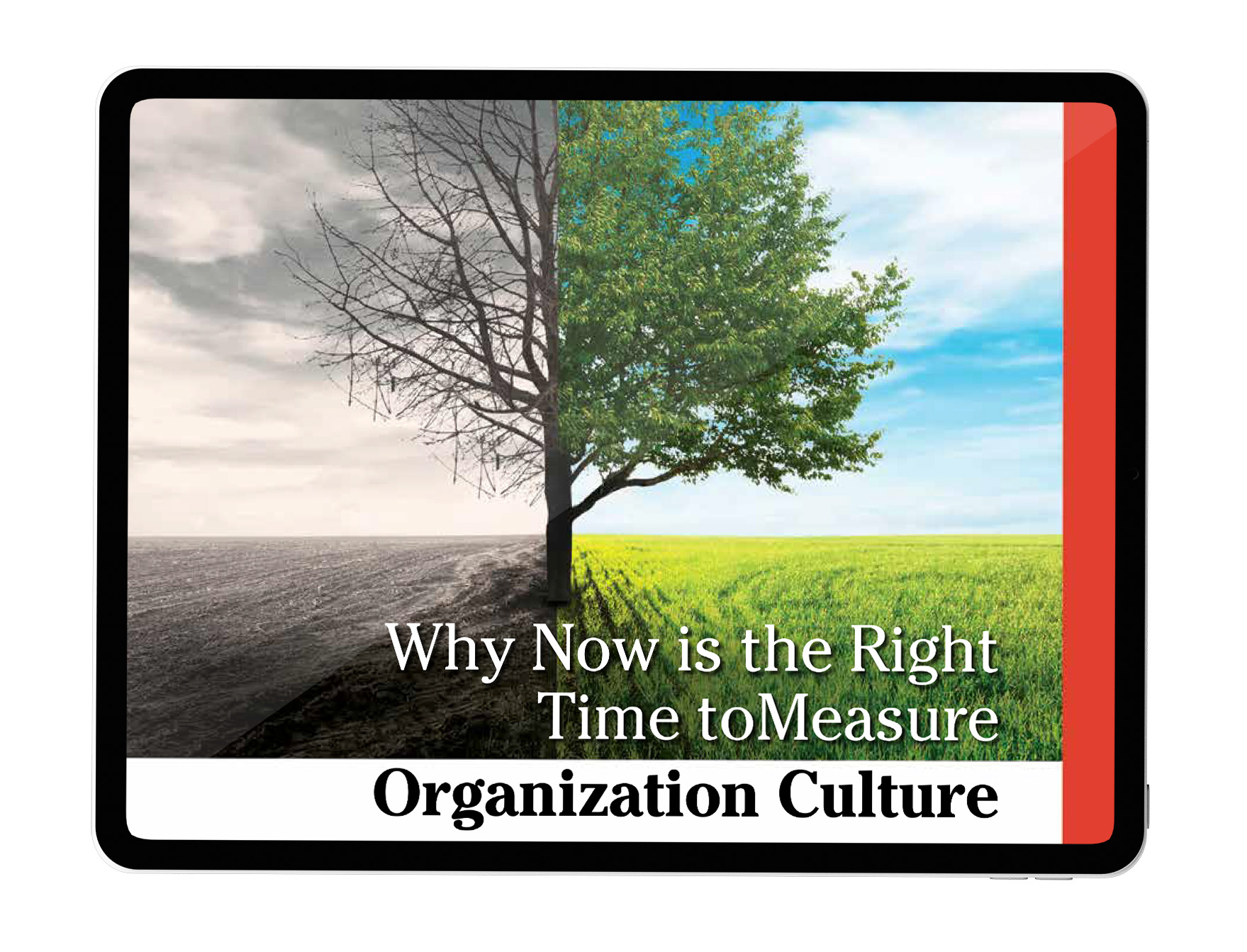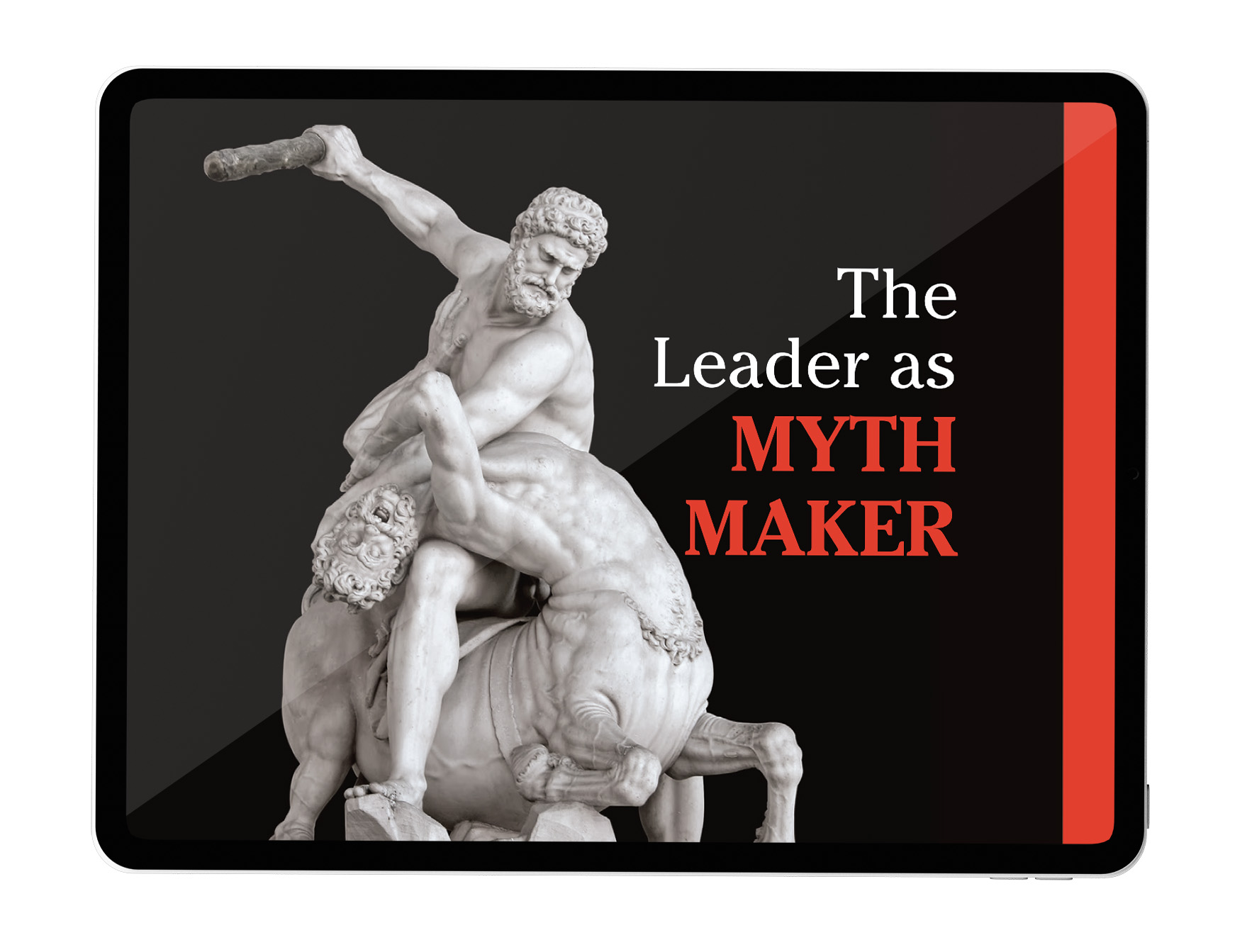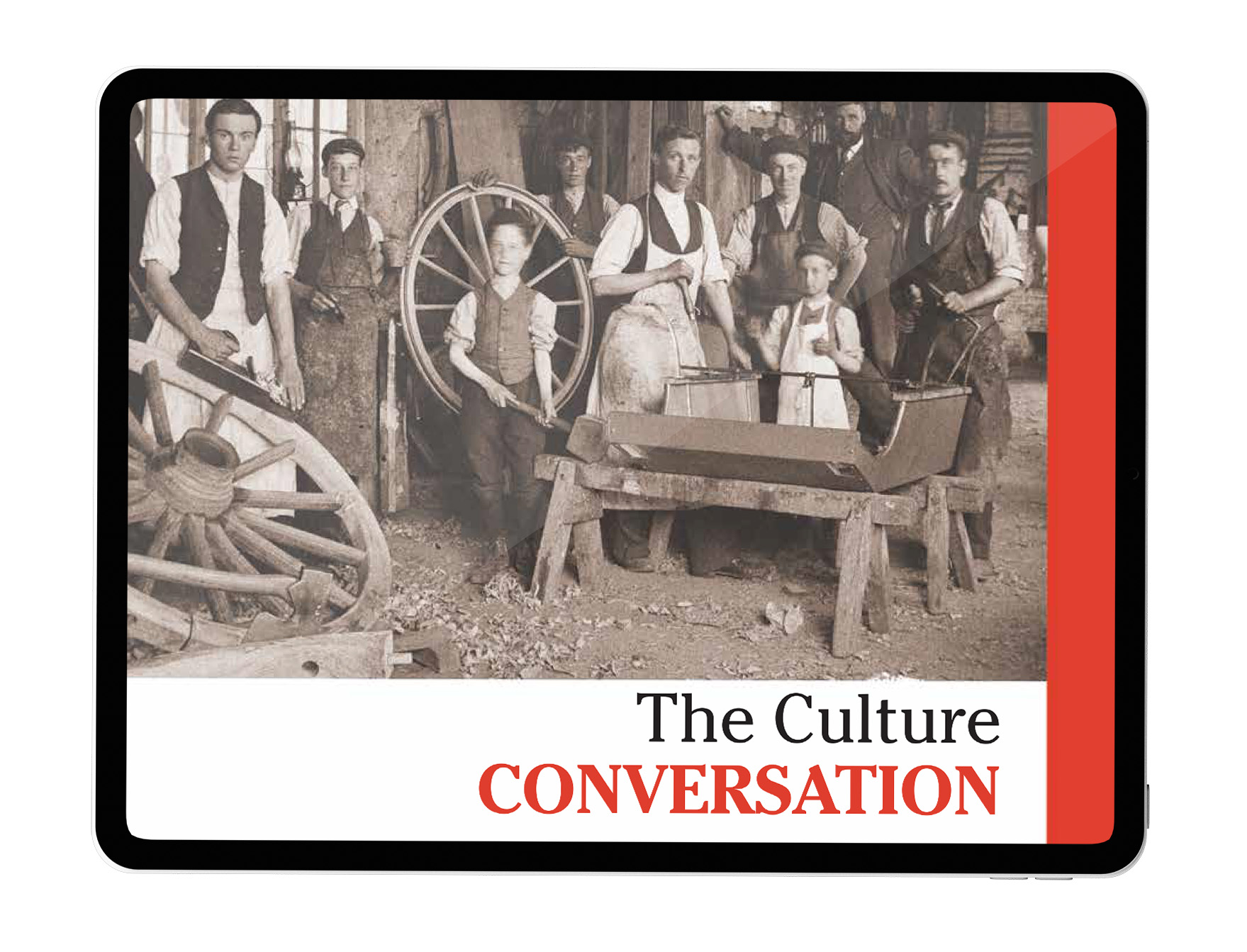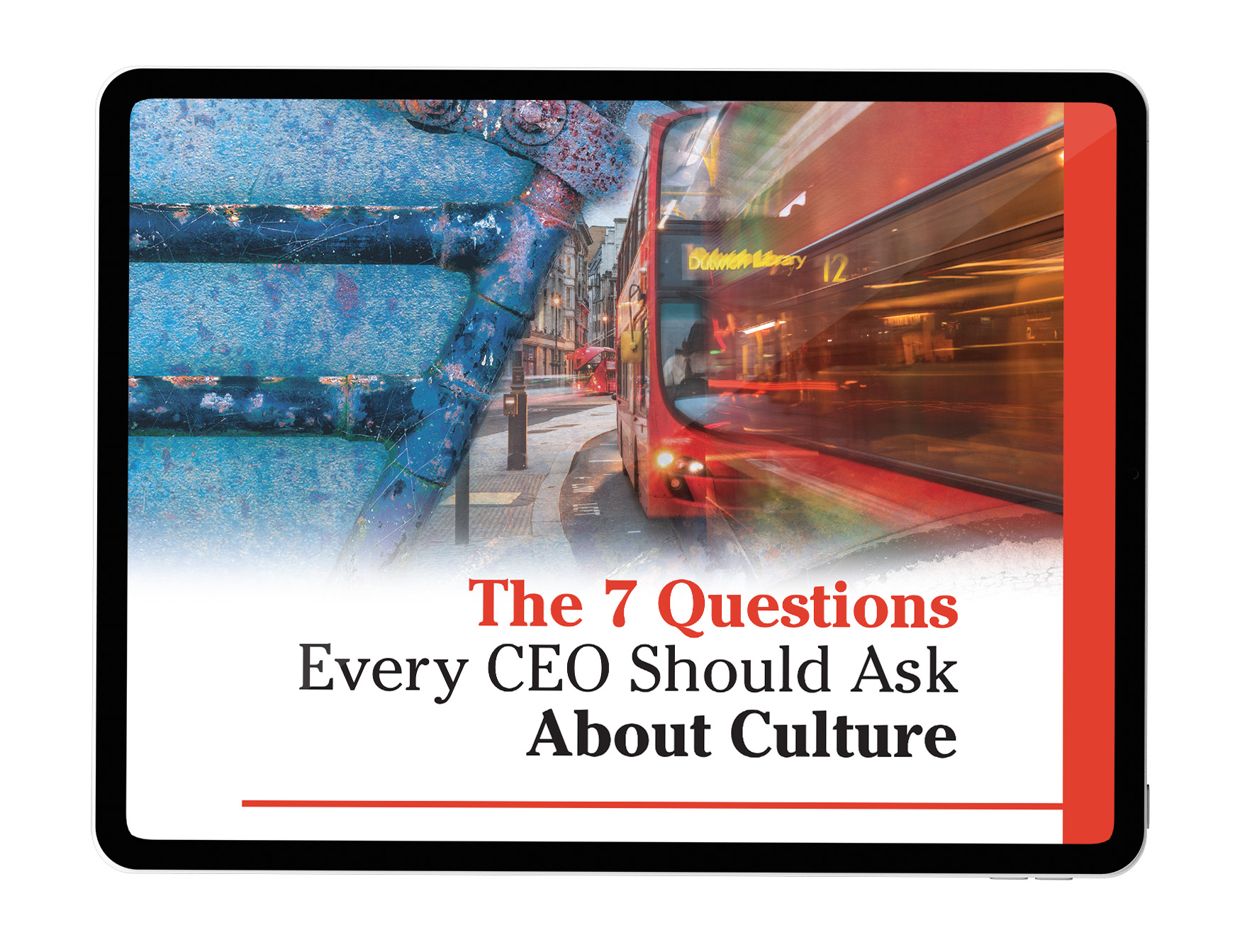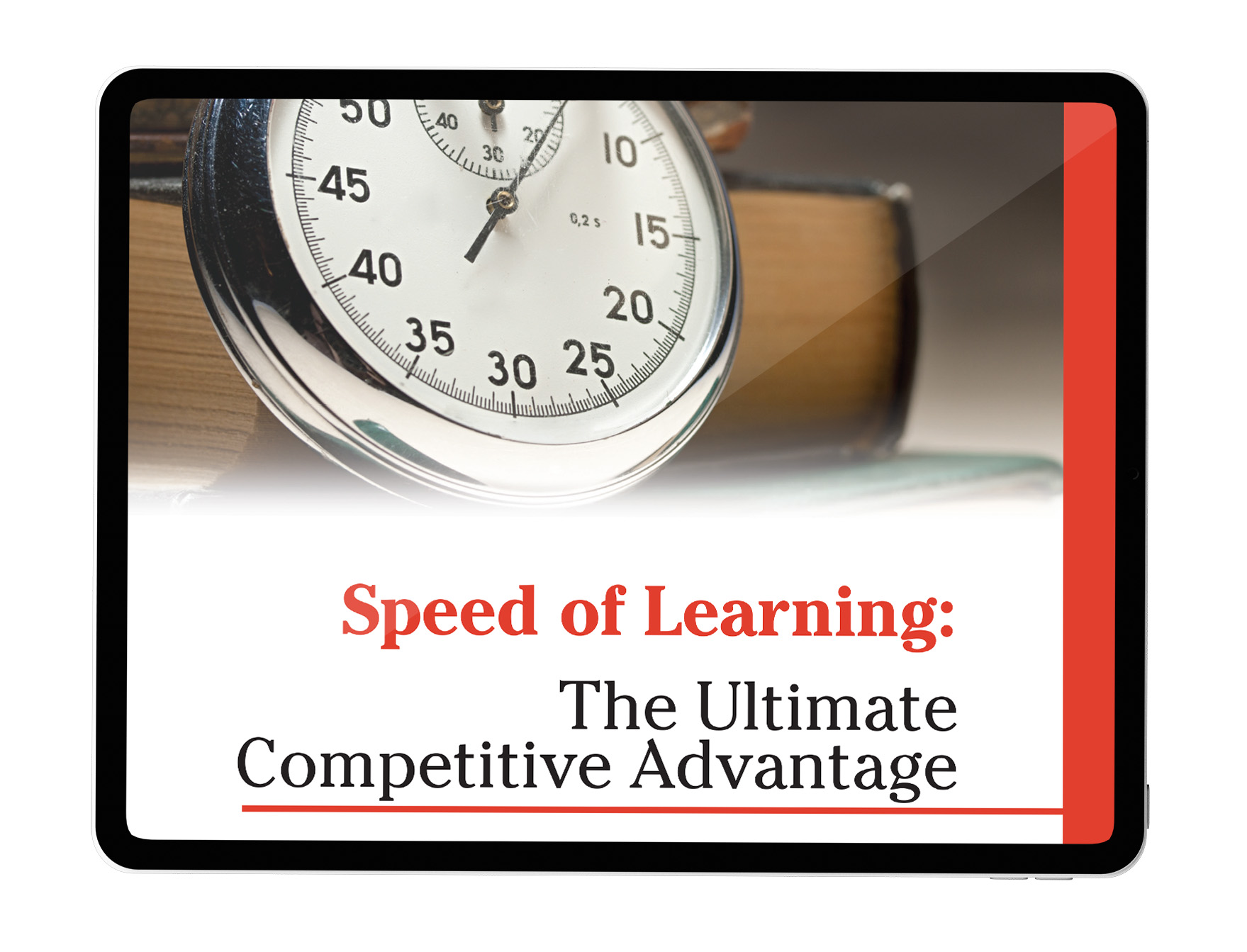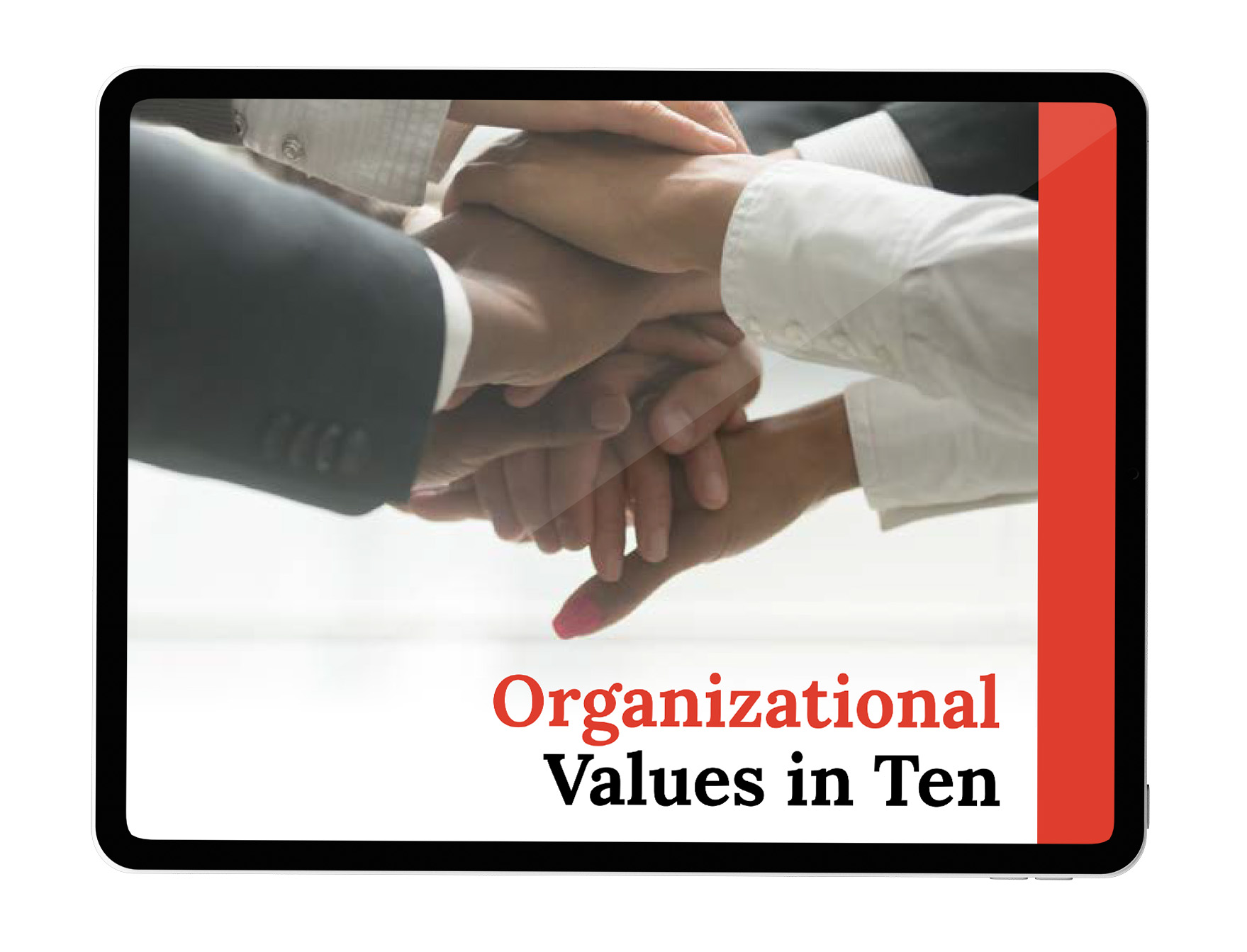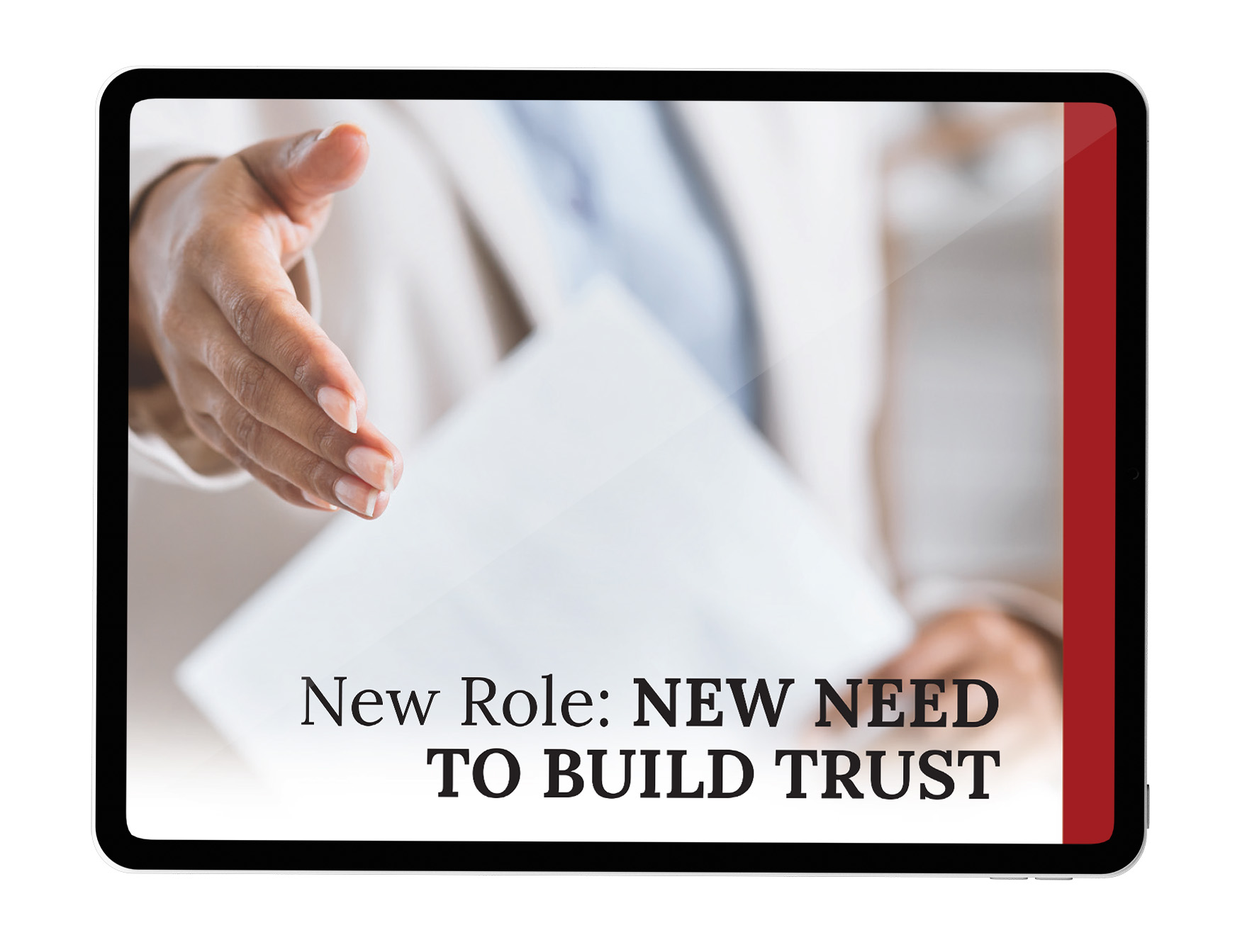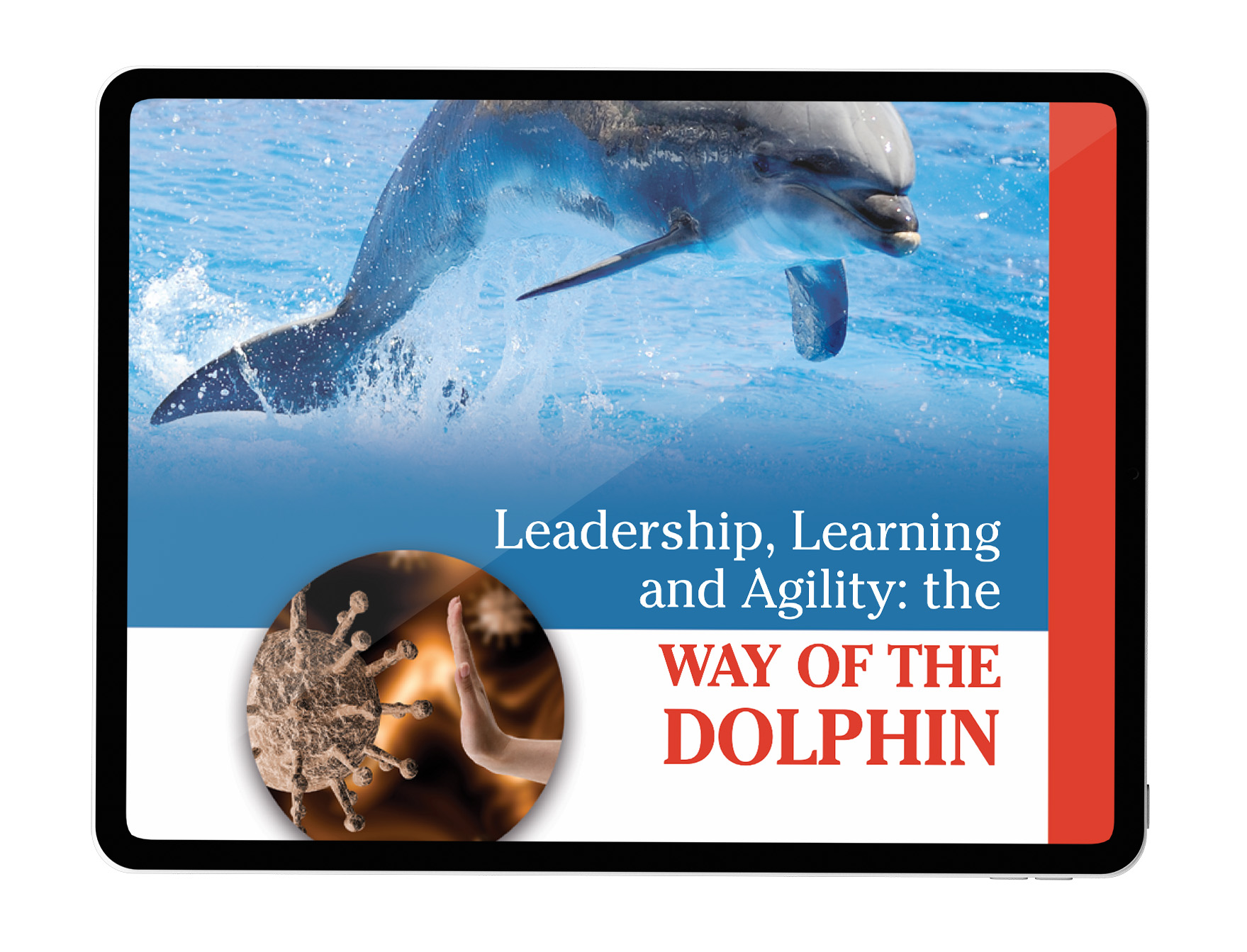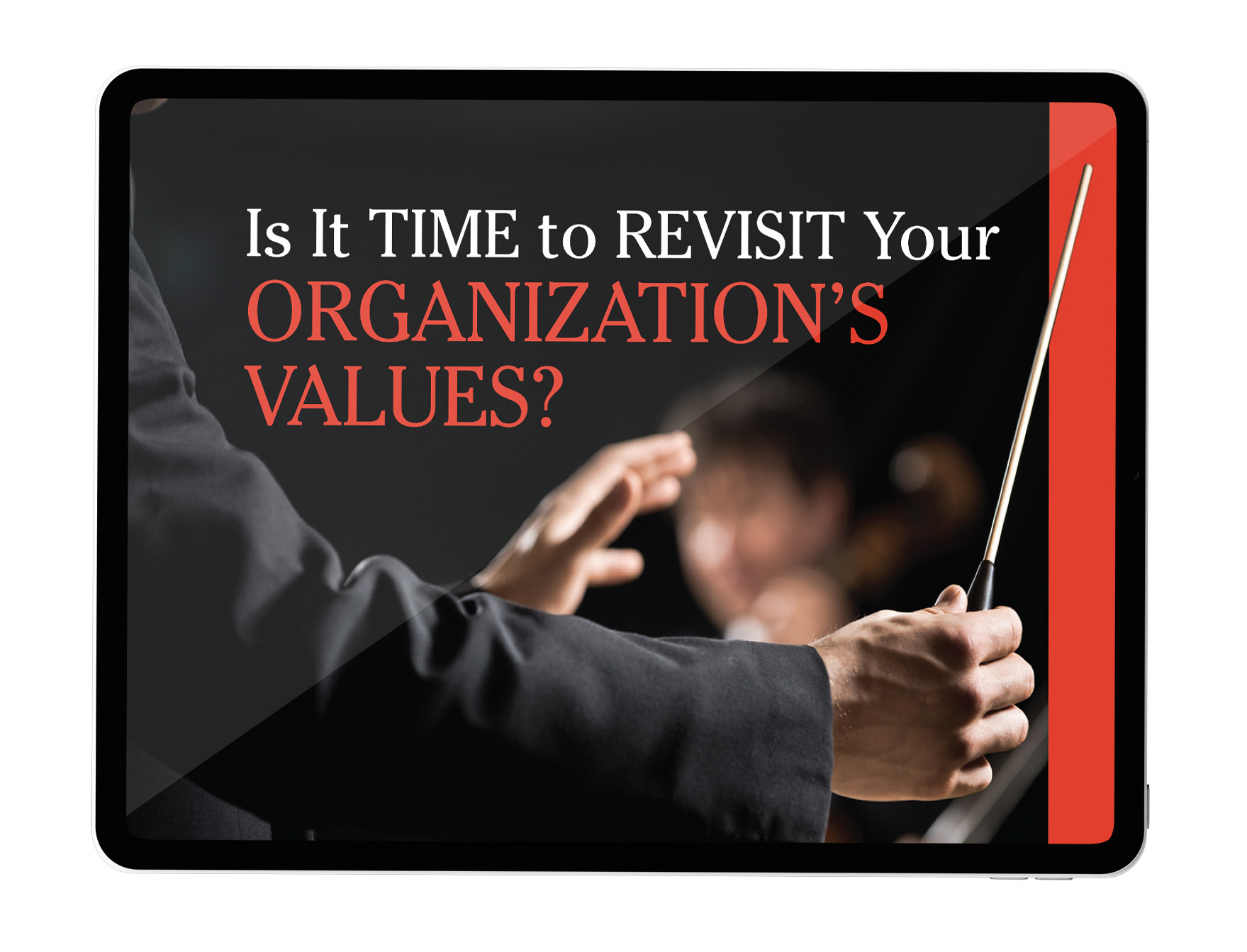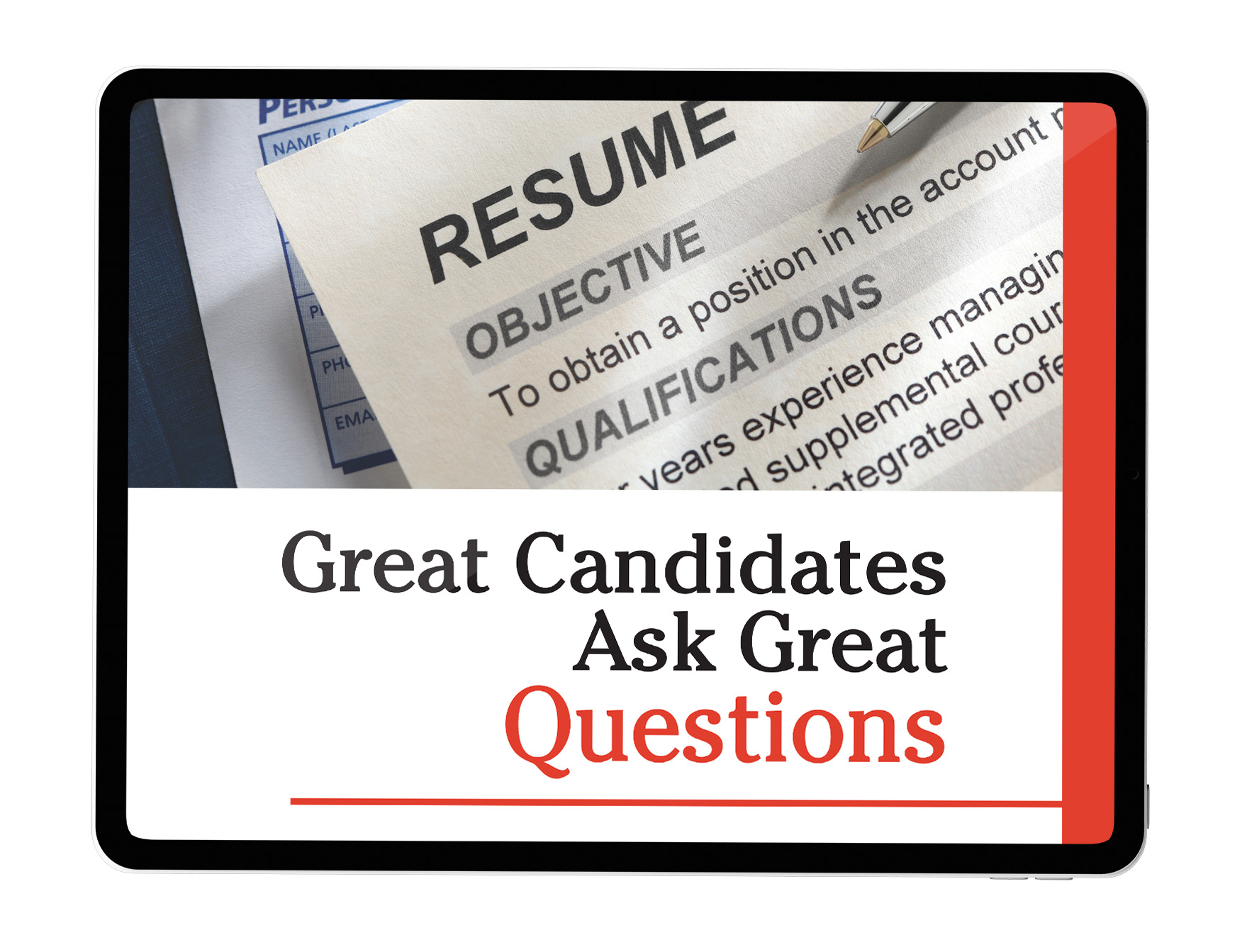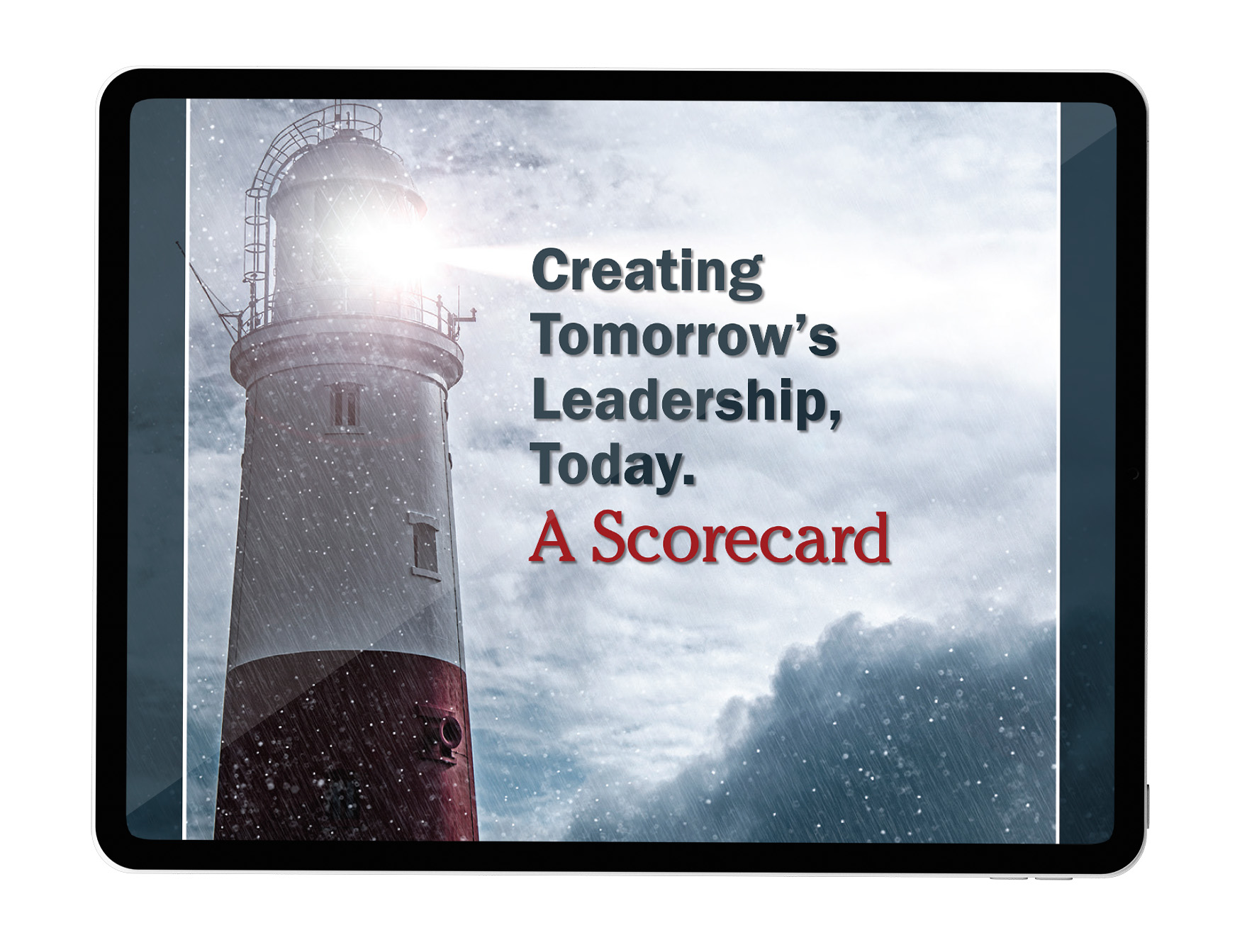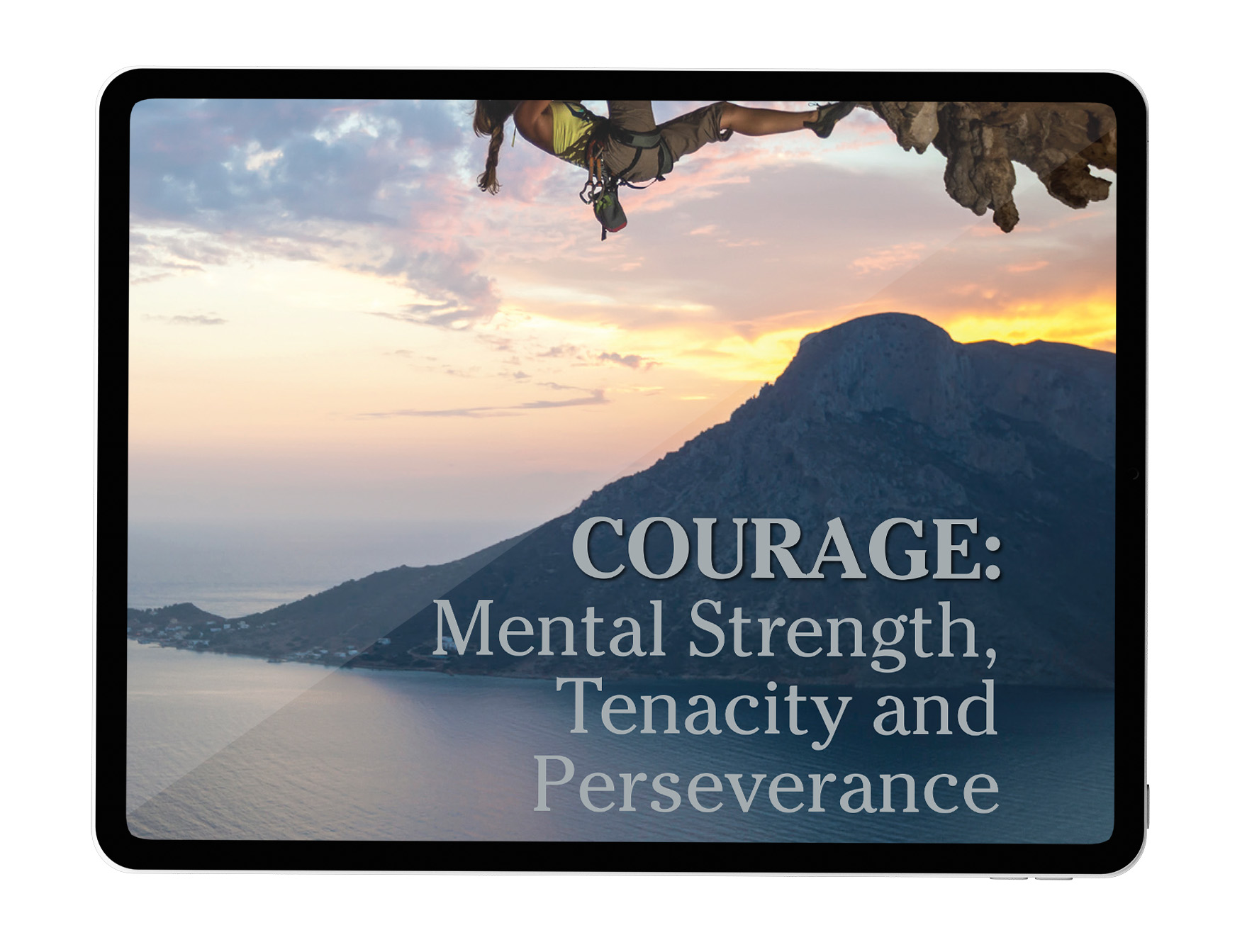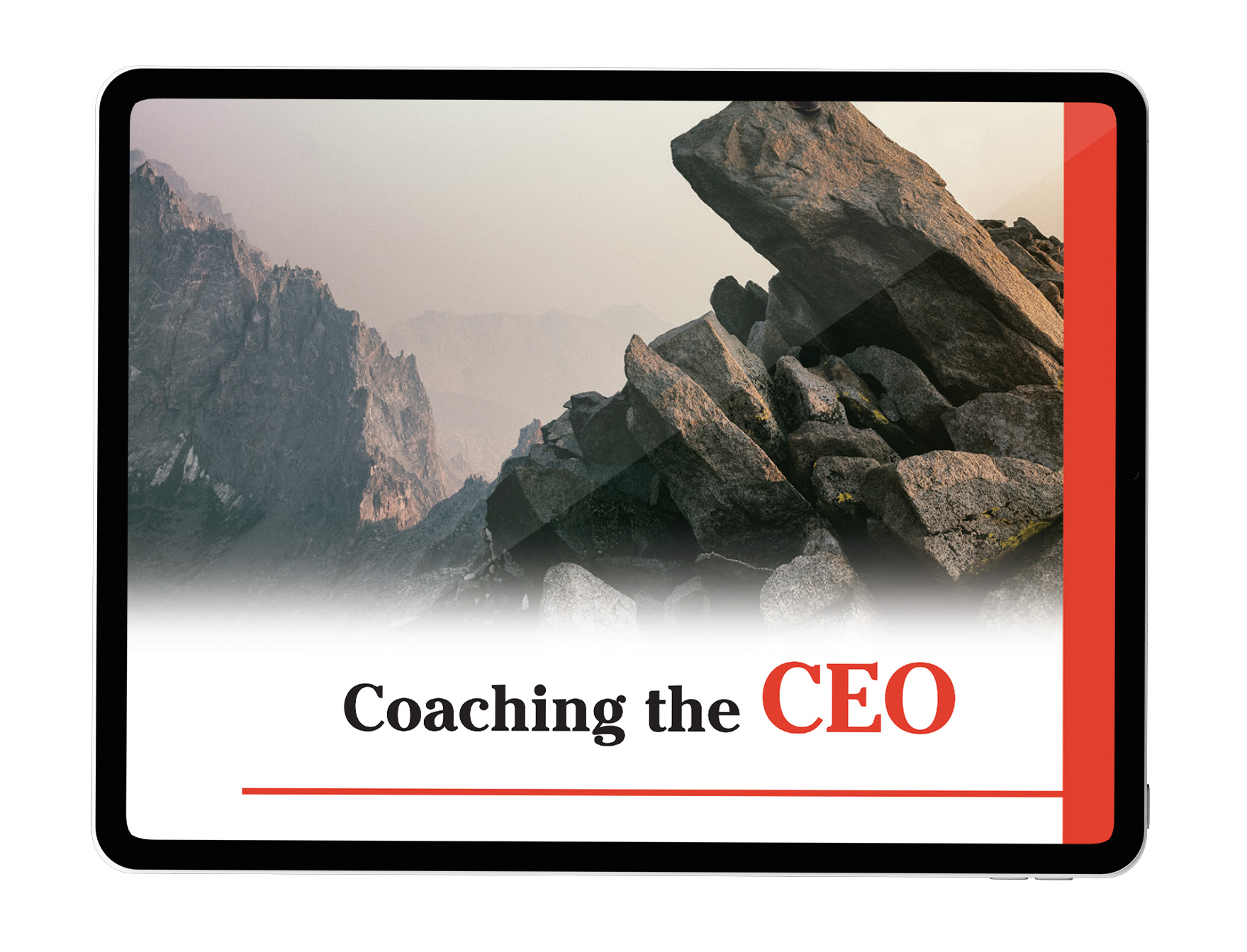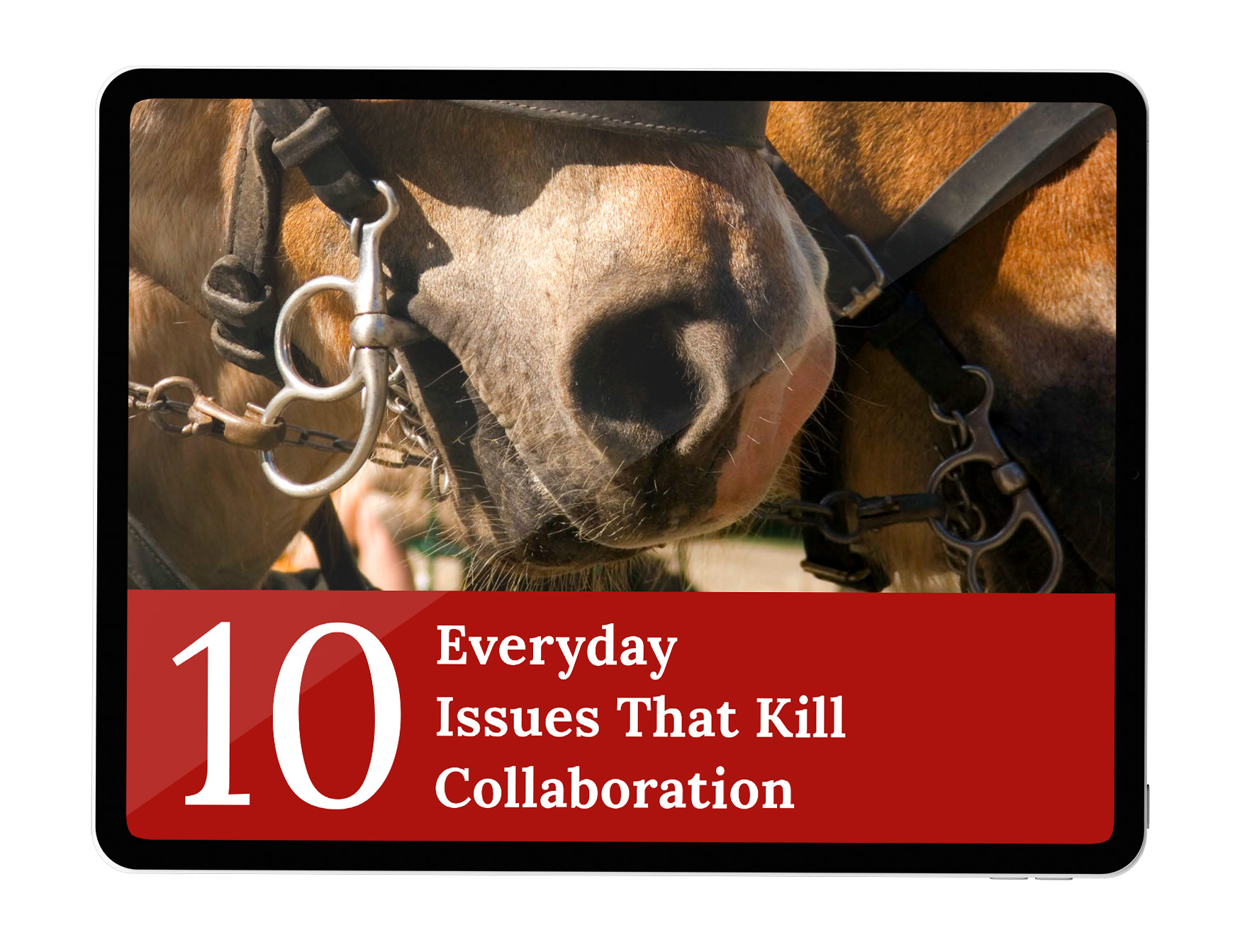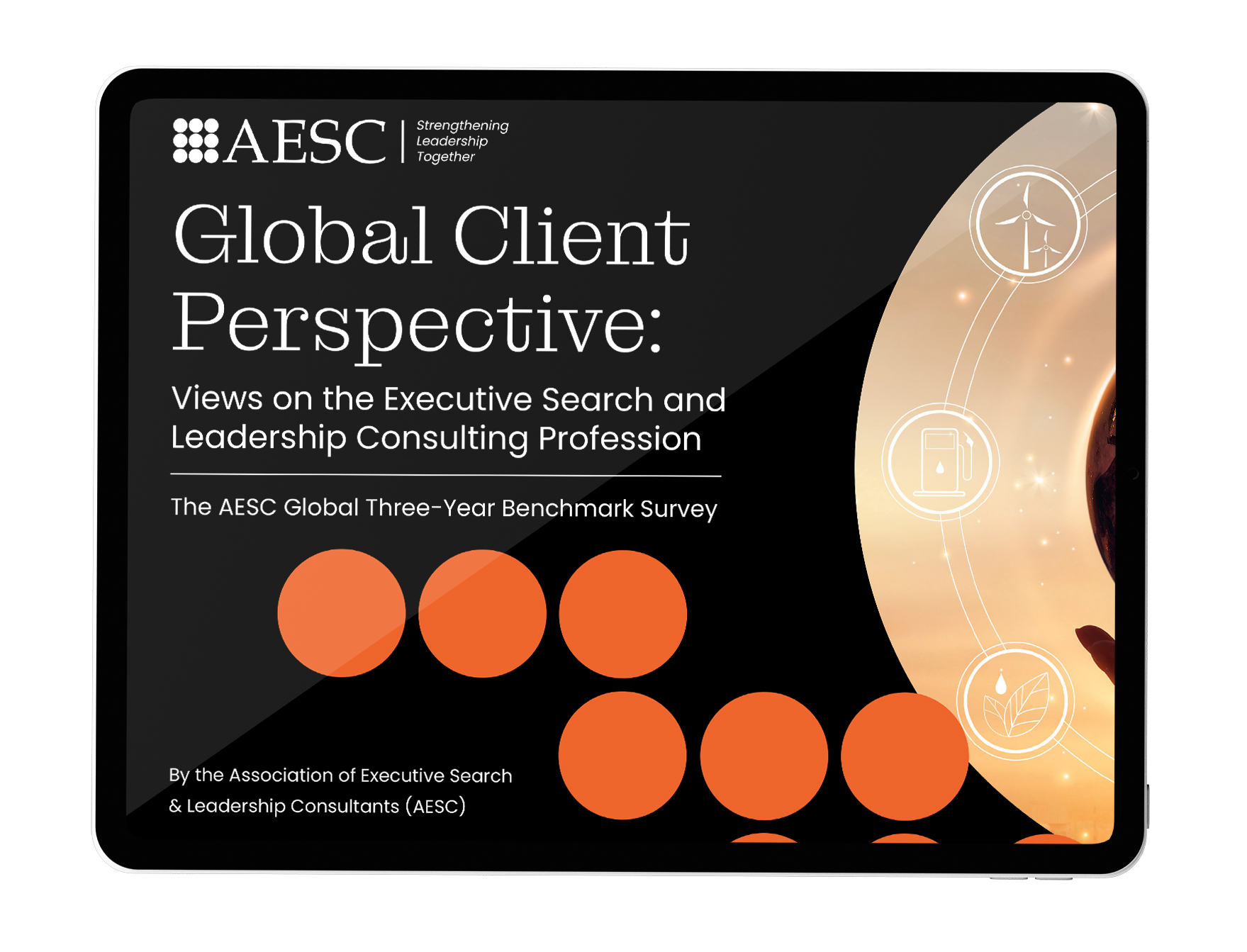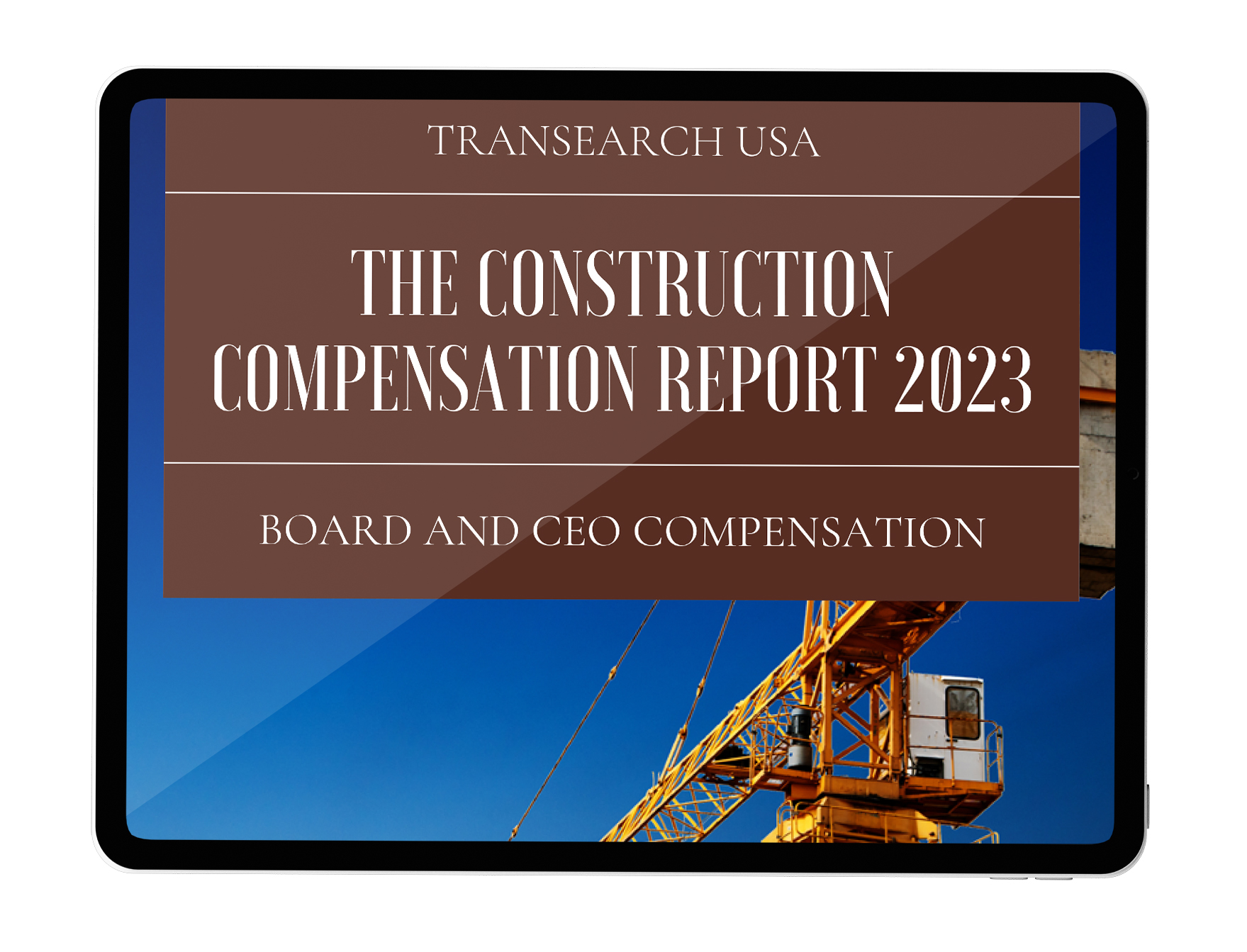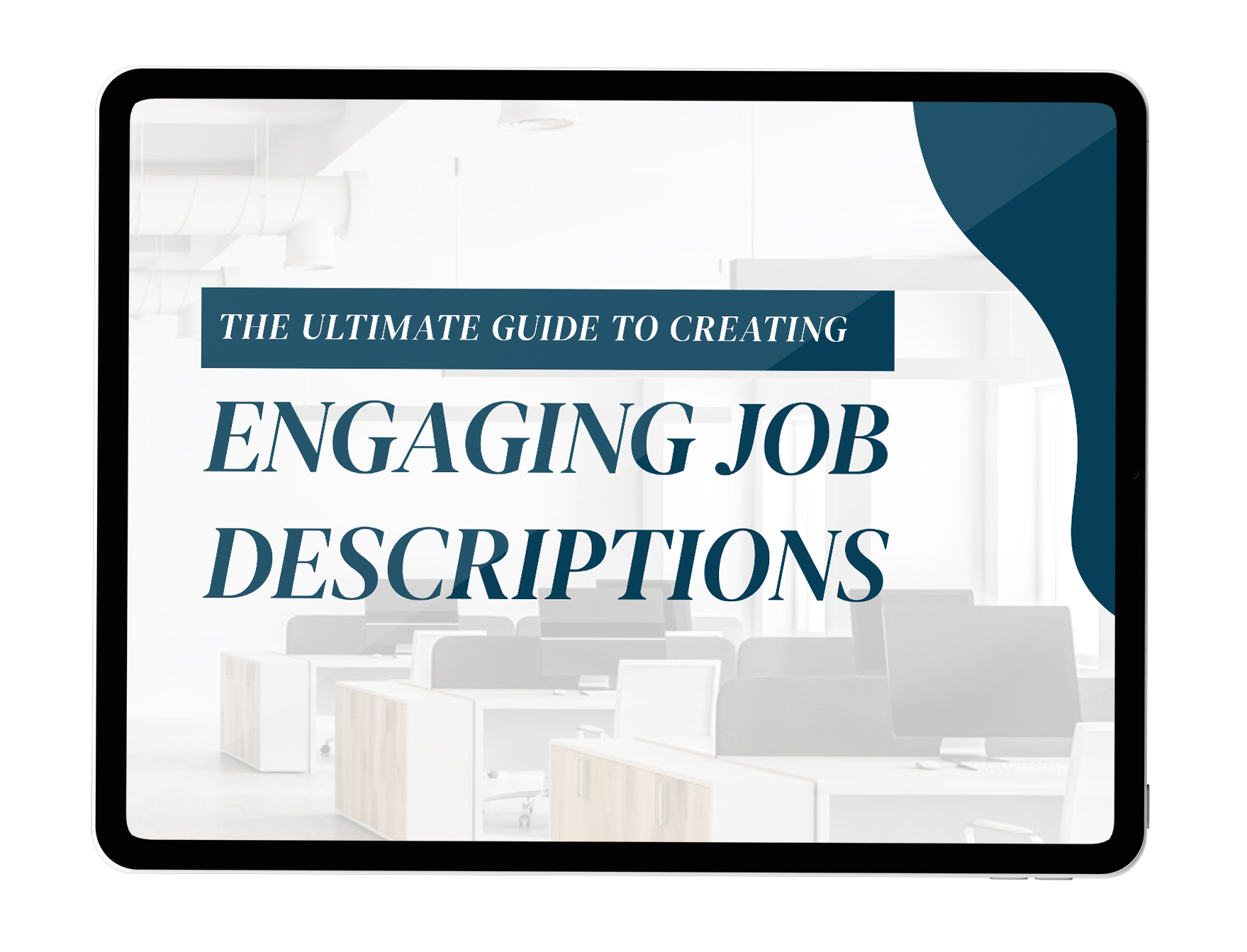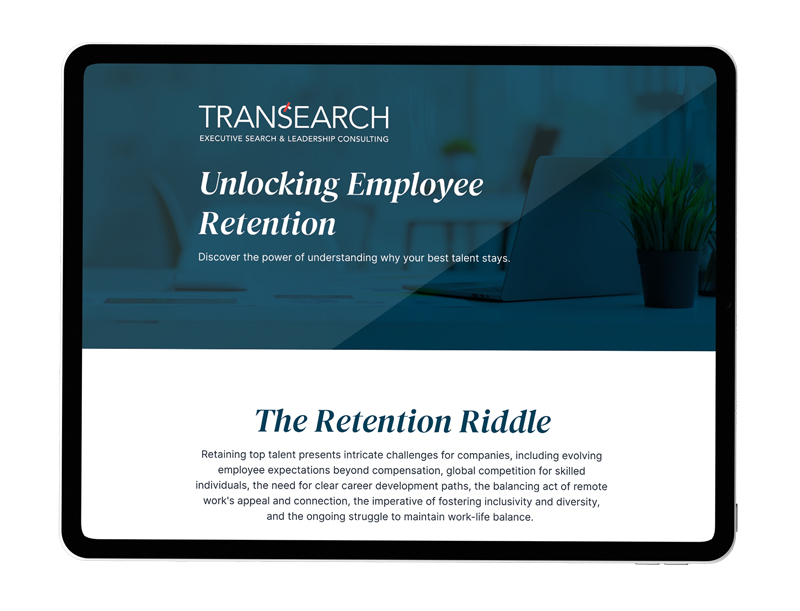Want to land in the C-Suite? You need to ace that interview!
You and your career look great on paper. But to rise above the crowded field, you must be polished and articulate when the camera rolls. You need to demonstrate and bring to life your story. Evidence of your leadership, strategic insight, and cultural competence will give you a strong shot at winning a seat at the table.
I have seen it all in my 20-plus years working in executive search. Some of the most common issues occur when a candidate “wings it.” Executive candidates have often not interviewed for a job in a decade or more. Despite being an accomplished leader, an interview can be awkward if you have not sat in a candidate’s chair in a while.
At TRANSEARCH, we encourage our candidates to use the S.T.A.R Method, as it is one of the best approaches to answering interview questions – particularly behavioral ones. Leveraging it will help avoid pitfalls like rambling or unclear answers.
- Situation – Set the scene, and provide context and a brief history of the problem. What needed fixing?
- Task – Explain your responsibility and your plan. What was expected of you? What was the result you sought?
- Action – Detail your strategy. Describe the steps you took and the hurdles you overcame. Delve into any resistance; did you have to change course? Highlight your problem-solving competencies.
- Result – State the quantifiable results. Discuss the strategic, transactional, and immediate benefits. Did you meet the stated expectation? If not, how would you do it differently in the future? What did you learn?
Do your Homework
Before the interview, understand the job description inside out. Research the people asking the questions. Check out their LinkedIn profiles and learn their career history to see if you have similar or shared experiences and colleagues. You may find that you crossed paths in the industry or perhaps college. You will gain critical intel to help you connect, start the conversation and generally warm up the tenor of the interview.
Show Authenticity and Humility
The interview is a forum for ‘selling’ yourself. Executives who are down to earth and truthful about their accomplishments are more likely to resonate with interview panels. Share the credit when applicable, and be direct about what went right and what went wrong. Discuss lessons learned from mistakes. And coming back to the ‘R’ in STAR, highlight how as captain of the ship, you navigated the crew through choppy waters and have the results to prove it.
Ask Thoughtful Questions
Frame your questions around the five w’s – who, what, where, when, and why, along with how. For example, if you learn the client base is shrinking, ask why and follow up the question by relating how you could help drive new business. And while there is typically allotted time for questions at the end, you don’t have to wait. If you have a question early on that could illuminate your industry expertise or market intelligence by asking it, go for it.
Look and Act the Part
With virtual interviews now commonplace, how you look, sound, and present on camera will contribute significantly to the impression you make. Remember, if you’re going to lead their team and talk to their customers, they need to see you as a leader in action during the interview.
Look into the camera and make eye contact with all panel members. Show you’re confident with your body language. Try to address each panel member by their first name to make the forum comfortable and personable. Ensure all the tech is in order and if that means doing a dry run, do it!
I also encourage candidates not to shy away from taking notes. It can demonstrate you’re engaged and help you refer back to points you jot down, which could help answer questions more effectively.
When you interview for the c-suite, you’re evaluated on your leadership skills and how well-suited you are to a company’s culture. Following these tips, your words, actions, thoughts, success stories, and demeanor can shine the spotlight on you as the right fit.





















